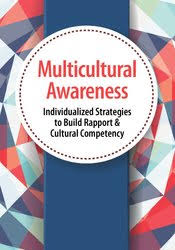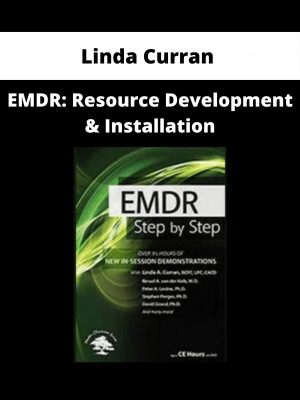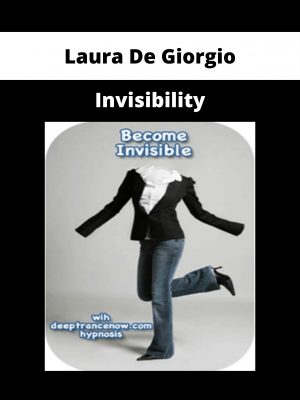Lambers Fisher – Multicultural Awareness
$130 Original price was: $130.$48Current price is: $48.
Shopping Instructions:
- DISCOUNT 15% : SHOP15
- Product Delivery: Within 1 – 12 hours after purchase.
It’s time to become more culturally competent so you can create positive clinical changes and feel confident in your ability to guide clients from any culture, to therapeutic success.
Lambers Fisher – Multicultural Awareness
No clinician wants to offend their client… but all too often, cultural misunderstandings hinder healthy interactions, either through unintentional offenses or the avoidance of issues. And if you lose your client’s trust, you also lose your opportunity to bring them to a therapeutic breakthrough.
It’s time to become more culturally competent so you can create positive clinical changes and feel confident in your ability to guide clients from any culture, to therapeutic success.
Join Lambers Fisher, MS, LMFT, MDIV, in this engaging online course that explores issues of ethnicity, age, gender, sexuality, religion, acculturation, and social justice through case studies and experiential exercises. You’ll gain new, practical strategies you can use immediately to increase your multicultural competence, build rapport with diverse clients and adapt treatments for specific groups.
Plus, this revolutionary course can help fulfill your ethics and cultural competency CE requirements!
Here’s what you’ll learn in this transformational online course
Multicultural Awareness & Diversity: Powerful Strategies to Advance Client Rapport & Cultural Competence
Module 1: Relevance & Research: Why Increase Cultural Competence
Why do you need cultural competence for therapeutic success? In module one, you will explore the implications behind cultural ignorance and identity development models. Key areas of focus include:
- Why should you increase cultural competence
- Non-optional professional expectations
- Cultural influences on assessments and treatment planning
- Developmental theories of multicultural competence and clinicians
- Overcoming limitations in the workplace associated to diversity training
Module 2: A Perspective on Diversity
Many clients feel oppressed or misunderstood, avoid counseling, or leave counseling early due to cultural misunderstandings. This module breaks down the changing statistics on ethnicity, age and sexuality. You’ll also get in-depth examples of micro-aggressions you should avoid. Topics include:
- Changing population and what this means for your practice
- Cultural genograms and common cultural considerations
- Cultural self-assessments for clinicians and how your results are affecting your clients
- Commonly misunderstood vocabulary: terms of reference, racism and stereotypes
- Acknowledging micro-aggressions to overcome them
Module 3: A Perspective on Multicultural Competence
Knowledge without the awareness of how to apply it into practice is essentially useless. In module 3, you’ll learn…
- What is multicultural competence and why does it matter
- A guiding perspective to cultural competence for clinicians
- Variations of healthy acculturation
Would you like to receive Lambers Fisher – Multicultural Awareness ?
Module 4: Clinical Strategies
Further building on your awareness and broadened scope of cultural competence, this section moves into practical strategies for implementing into your practice to use with your clients.
- Strategies to build relationships and connections
- A client-centered approach to cultural competence
- Addressing therapists’ fears
- The pros and cons of cultural self-disclosure
- DSM-5: assessment & diagnosis
- Addressing micro-aggressions, transference and countertransference
- Learning outside of therapy sessions
- Therapist authority and learning from clients
- Empathizing and navigating sensitive social issues
Module 5: Common Experiences & Non-Exhaustive Cultural Misunderstandings
Continuing with application strategies, module 5 describes some common misunderstandings and misconsiderations based on a variety of groups. You will also walk through…
- Common ethnic group characteristics
- Working with multi-ethnic families
- Working with limited English proficiency and bi/multilingual clients
- Cultural post-assessment to address what you can improve
- Addressing gender, age, religion, and more
Related products
NLP & Hypnosis
NLP & Hypnosis
NLP & Hypnosis
NLP & Hypnosis
NLP & Hypnosis
NLP & Hypnosis
NLP & Hypnosis












